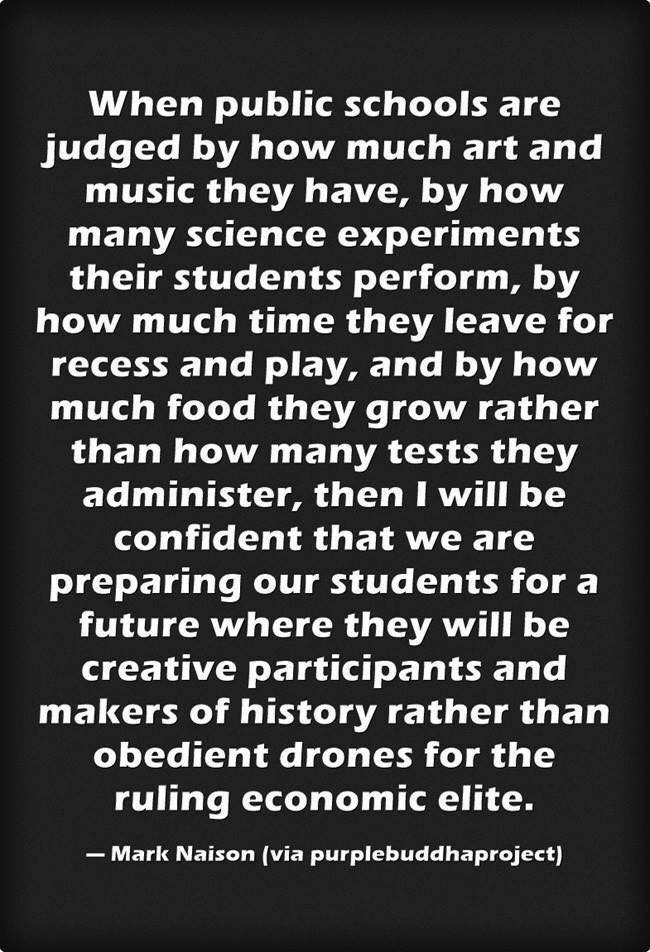Education
We believe that access to education is a fundamental human right and should be provided to everyone regardless of wealth or income.
“Solidarity economy is grounded in collective practices that express the principle of solidarity which we use as shorthand for a range of social interactions, including: cooperation, mutualism, sharing, reciprocity, altruism, love, caring, and gifting. Solidarity economy seeks to nurture these values, as opposed to individualistic, competitive values and the divisiveness of racism, classism, and sexism that characterize capitalism. Solidarity economy takes forms that are old and new, formal and informal, monetized and non-monetized, mainstream and alternative, and most importantly, exist in all sectors of the economy. Of particular note is the recognition of non-monetized activities that are often motivated by solidarity, such as care labor and community nurturing (cooking, cleaning, child-rearing, eldercare, community events, helping a neighbor, and volunteer work) as not only part of the “real” economy, but the bedrock of reproduction and essential to participation in paid work. Unpaid household production accounts for an estimated $11 trillion worth of global economic activity, ranging from 18 percent of GDP (gross domestic product) in the US to 42 percent and 43 percent of GDP in Australia and Portugal respectively. The solidarity economy not only recognizes the critical role of non-monetized transactions in enabling societies to function, but seeks to support them through policies and institutions.”
Solidarity Economy: Building an economy for people and planet [read more]
Emily Kawano
We aim to amplify the great things already happening in the solidarity economy here on the North Coast, as well as to build our community’s capacity for responsible resilience going forward. Please explore, connect with, and support the people and organizations listed below already doing great work, and/or contact us to join our work towards making this program area even more robust!
